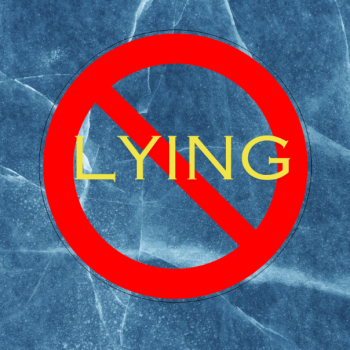About a decade ago, the historian David Chappell wrote a thoughtful book about religion and the civil rights movement, titled A Stone of Hope: Prophetic Religion and the Death of Jim Crow. Among other ideas, Chappell presents the argument that the supporters of civil rights, ultimately, had religion on their side. In other words, while there were plenty of southern Christian opponents of the civil rights movement (including those Birmingham clergy who — fifty years ago this month — prompted Martin Luther King, Jr.’s “Letter from a Birmingham Jail”), they failed to mount a strong religious opposition. “[W]hite supremacists,” he writes, “failed … to muster the cultural strength that conservatives traditionally get from religion.” Segregationists generated much less religious fervor for their cause than did their opponents. White churches fractured over issues of race and civil rights, ultimately choosing peace and social order rather than a militant defense of Jim Crow.
When thinking about the recent gains of the movement to achieve full social equality for same-sex couples, I thought about Chappell’s argument and whether it applies in an ironic way to issues of gay rights. The two cases have many differences. For starters, Chappell points out that religious leaders in the South simply failed to match the intensity of political defenders of segregation. White ministers, with some notable exceptions, were not at the forefront of efforts to defend Jim Crow. By contrast, it was religious leaders rather than politicians who have provided much of the leadership in attempts to maintain traditional definitions of marriage. One might go back to evangelical support for Anita Bryant’s 1977 campaign, or examine the role of the Moral Majority and Christian Coalition in opposing early efforts to achieve gay rights. More recently, one might consider the role of religious organizations and leaders in efforts such as Proposition 8.
Something happened to religious opposition to same-sex marriage after 2008, however. For starters, the Church of Jesus Christ of Latter-day Saints — as best I can tell — calculated that the short-term political success of Proposition 8 was not worth the internal strife generated within the church (and perhaps the accompanying negative coverage in the media). While the LDS Church has not changed its stance on same-sex marriage, it has curtailed its political activism and modified the tone with which it discusses homosexuality.
Read the rest here















